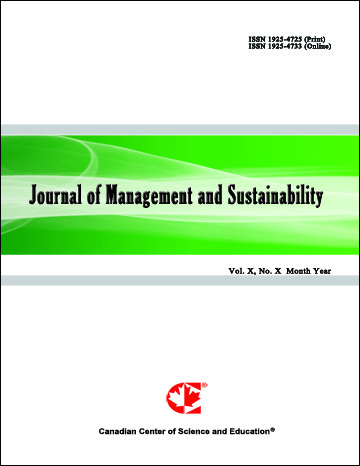Reverse Logistics: An Analysis of Business Communication on Discarding Electrical Bicycle Batteries
- Pâmela Gabriela Blanco de Mattos
- Daiane Rodrigues dos Santos
Abstract
Reverse post-consumer logistics is a process that consists of returning certain goods to the production chain. There is to provide an appropriate and sustainable destination for a series of items that would most likely be discarded inappropriately. Since the sanction of the National Solid Waste Policy in 2010, it has been mandatory for companies to structure reverse logistics programs and communicate to their consumers about what to do after the end of their products. Four Brazilian companies in electric bicycle manufacturers have become the object of this study. We did research through the consumer’s view of this good to diagnose the communication of reverse logistics programs of the chosen companies. In addition, the study was complemented with an analysis of the potential market, identifying whether reverse logistics is a competitive advantage. The results show that the four studied companies are not in accordance with current legislation. Through the questionnaire results with 238 people, we conclude that it is a competitive advantage for the company to disclose the destination of its post-consumption product.
- Full Text:
 PDF
PDF
- DOI:10.5539/jms.v12n1p158
Journal Metrics
Google-based Impact Factor (2021): 1.54
h-index (July 2022): 37
i10-index (July 2022): 147
h5-index (2017-2021): 12
h5-median (2017-2021): 19
Index
- Academic Journals Database
- ANVUR (Italian National Agency for the Evaluation of Universities and Research Institutes)
- CAB Abstracts
- CNKI Scholar
- EconBiz
- Excellence in Research for Australia (ERA)
- GETIT@YALE (Yale University Library)
- Harvard Library
- HeinOnline
- Infotrieve
- JournalTOCs
- LOCKSS
- MIAR
- PKP Open Archives Harvester
- RePEc
- Scilit
- SHERPA/RoMEO
- Stanford Libraries
- UCR Library
Contact
- Evelyn XiaoEditorial Assistant
- jms@ccsenet.org
